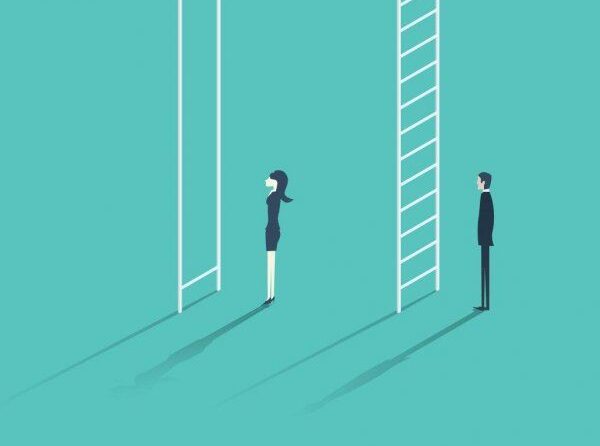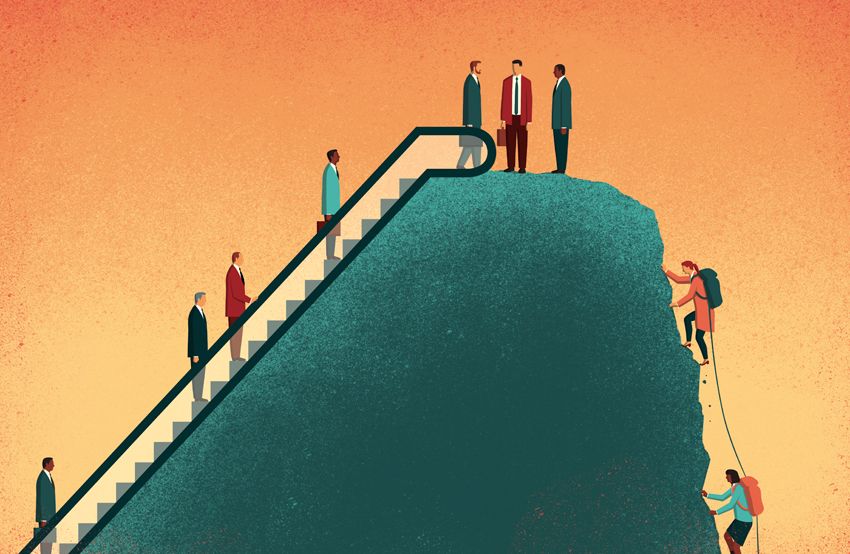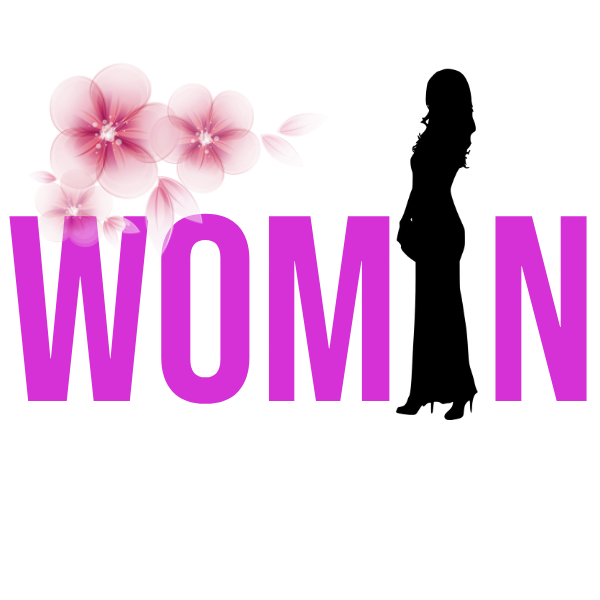
When it comes to employment the usual factors that determine whether a person is fit for the job are; experience, location, and occupation. Well, for men that is. Our society is heavily dependent on the marginalization of women especially in employment opportunities and pay parity. Do women pose a threat when it comes to certain jobs? Or is it that they aren’t good enough?
The notion that women do not have the intelligence or caliber to enjoy equal status as men is rooted in social constructs that have been taught to us since birth. For example;
Laws and policies.

The grant of equal rights by the constitution does not entirely ensure that pay equity and equal employment opportunities are guaranteed in the workplace. Policy issues are not made known to ensure that women are not paid less or not given minor roles when they are capable of delivering.
Women are not aware of their legal rights or how to protect them. They are not aware of the policies that advocate for fairness in the workplace. And those that are informed fear that they might be ostracized for holding conflicting views.

Gender inequality.
The problem with salary and employment inequity becomes clear when you look at the pay differences between males and females. Men and women are equal and both play important roles in the development of their families and society in general. Though the rules for men and women are different.
In Kenya, the high rate of unemployment amongst women can be pinned on gender inequity. The cultural beliefs and traditions embedded in our society have made the struggle for legal equity impossible to achieve.
Discrimination.
Gender discrimination is a widely accepted attitude, especially in a male-dominated society. Women worldwide have been the victims of discrimination not only in matters of social and political rights but also in employment opportunities and work privileges like promotions and
rewards.
In a work environment that champions the prioritization of men, women will be underserved. Thus, leading to a gender pay gap, even though women are just as significant and integral in the workplace.
Conclusion.
Women are the most common sufferers when it comes to inequality, they remain suppressed due to social pressure and cultural beliefs. Unless policymakers and employers recognize the importance of women in the work environment, the issue of salary and employment inequality will never be tackled.






